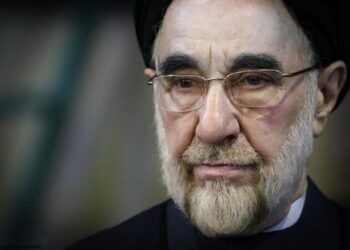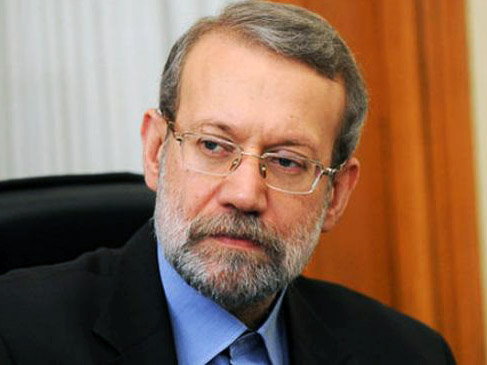June 22, 2018

President Trump has boasted that his decision to re-impose sanctions on Iran has already caused the country to change its behavior and become a much less aggressive state.
The claim astounded most analysts who generally see the Islamic Republic taking an even more hardline stance in the wake of Trump’s new policy.
Trump spoke out June 7 during a news conference with visiting Japanese Prime Minister Shinzo Abe. Trump was asked a question about North Korea. But, in his answer, he swiftly shifted from North Korea to Iran and spoke at length in defense of his new Iran policy, asserting it was already working.
“Iran is not the same country that it was a few months ago,” he said. “They’re a much, much different group of leaders.”
Some analysts gasped at the claim. Others laughed or shook their heads in disbelief.
Daniel Larison, writing in The American Conservative was apoplectic, saying Trump’s claims were “completely false.” He said, “If the Administration has ‘achieved’ anything in Iran, it has managed to drive rival factions in the regime to present a united front in support of the nuclear deal.”
Trump specifically said that Tehran has curtailed its adventurousness in Syria and Yemen. Many analysts said there was no discernible change in Iranian policy in either country. Iranian forces in Syria have actually taken a more aggressive approach to Israel, although that began in February, long before Trump announced his new sanctions policy in May.
Iran’s one policy shift since Trump’s announcement has been to try to use Trump’s aggressiveness to split Europe away from the United States.
But Trump said, “Iran is acting a lot differently. They’re no longer looking so much to the Mediterranean. They’re no longer looking so much to what’s going on in Syria, what’s going on in Yemen and lots of other places. They’re a much different country over the last three months.”
But this is the reverse of what other administration officials have been saying. Just last month, Nikki Haley, the US ambassador to the UN, criticized Iran’s “destabilizing presence in Syria” and its “promotion of violence in Yemen.” Also last month, new US Secretary of State Mike Pompeo condemned Iran for continuing involvement in regional conflicts.
No one in the Administration has said anything about Iranian policy becoming milder, neither before nor after Trump’s claims.
In Tehran, it was Trump’s expressed hope for talks with Iran that caught attention rather than his claims of changing Iranian policy. Trump said he hoped that “at some point, they’ll come to us and we’ll sit down and we’ll make a deal that’s good for them and good for us and good for everybody.”
Foreign Ministry spokesman Bahram Qasemi responded to that by vehemently ruling out any talks with the United States on any new agreement. This has been a firm Iranian policy point that Iranian officials have been harping on for the last few months.
The full text of what Trump said appears elsewhere on this page.















